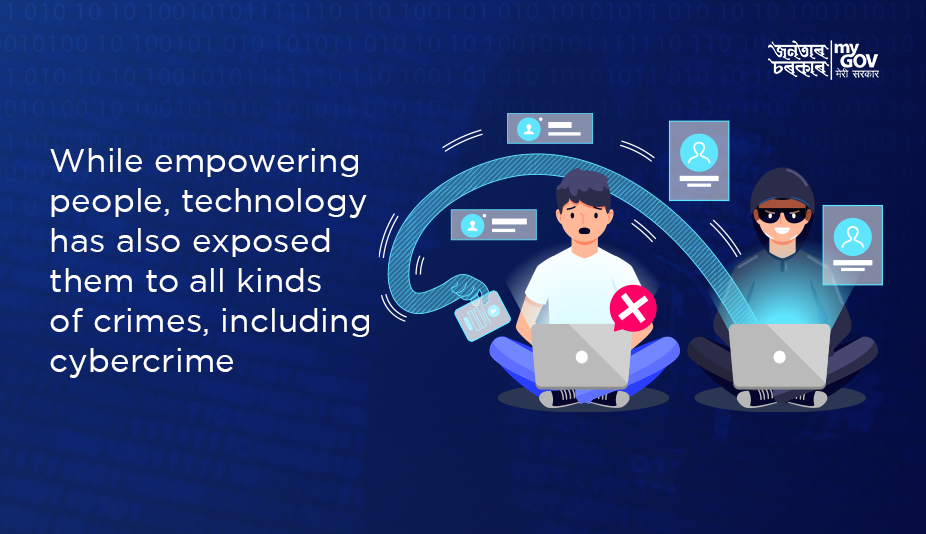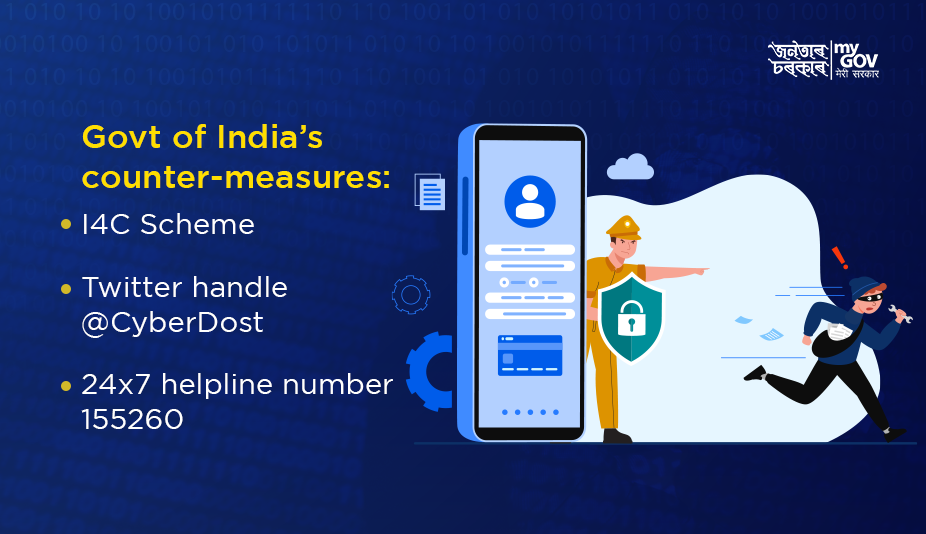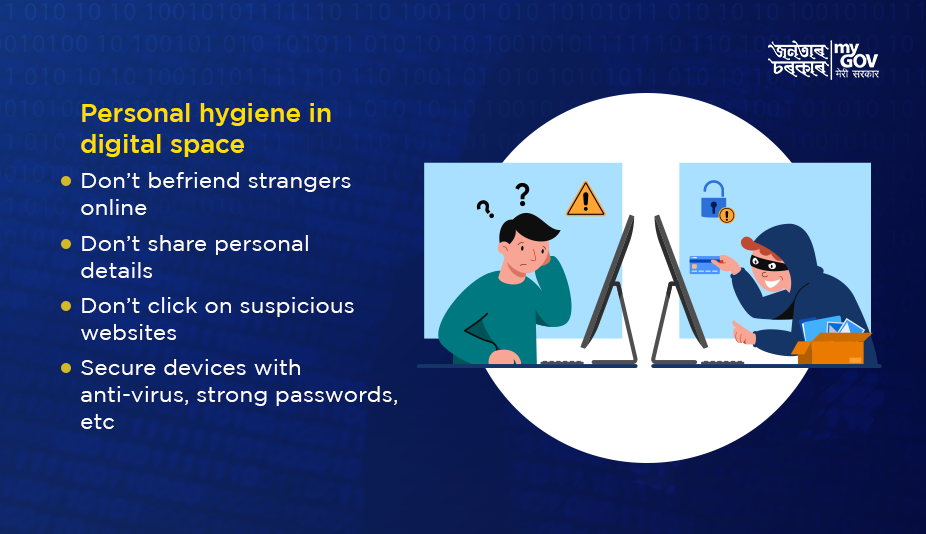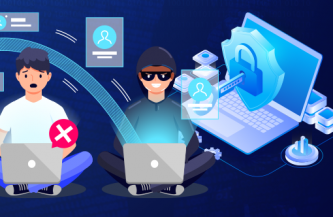Cybersecurity: Everyone’s responsibility

Introduction
Advancements in digital technology in recent times have opened new vistas for human society. While making the world virtually flat, technology has made democracies more vibrant as it has empowered the common masses digitally like never before. It has ensured that the aam admi (common man) has unlimited access to the kind of services that were hitherto thought impossible. And emergence of social media platforms has only aided this massive transformation.
Now, everything is available to almost everyone in any corner of the world just at the touch of a smartphone. It has changed the way people perceive the world and conduct themselves. No wonder, governments across the globe have been quick to ride on the wave of digital technology to deliver public services, especially in regions considered lacking in development. India too has not remained immune to the developments as the Government realised the immense potential of digital technology to aid in the process of development, especially in the realm of public services. In fact, the Government of India has been at the forefront of its adoption in the realm of governance and its promotion among the public since the past few years, “Digital India” initiative being a shining example of this focus. Due to this focus, e-governance and e-commerce are no longer a dream, but have become a reality in the country.
Pitfalls of technology
No doubt, the new technology has empowered the people. But, its penetration among the masses have also exposed them to all kinds of crimes, including economic offences. There are frequent reports of individuals being duped in fake e-commerce sites or through mobile apps, of money being withdrawn fraudulently from bank accounts, etc. Cybercrimes have in fact recorded a quantum jump in recent days.
As many remain hooked on to social media through their smartphones, tablets, laptops, computers, etc, for hours on end, criminals are finding it easy to zoom in on their potential victims. But, it’s often very difficult for law-enforcers to nab such criminals as they remain largely anonymous and mutate to hoodwink the law-enforcers, while some are based abroad. They take advantage of the cumbersome techno-legal processes that law-enforcers often have to meander through while dealing with transnational cybercrimes. Instances of tech giants selling personal data of users have also made the job of miscreants easy.
And cybercrime is not just limited to economic offences. Even children are increasingly being exposed to online abuse. As Covid-induced restrictions of late have forced children indoors, this has spiked their time spent on mobiles and tablets, both for educational as well as entertainment purposes. And without parental guidance and supervision, these children are increasingly getting exposed to cyber bullies and even paedophiles. Their chances of falling prey to sexual abuse and even child pornography have increased manifold.

Counter-measures
Realising its gross misuse and understanding the gravity of the situation, Government of India has been quick to respond. In order to tackle the monster of cybercrime, including those committed through social media, the Government of India has come up with Indian Cybercrime Coordination Centre Scheme or I4C Scheme. Launched in February 2019 by the Union Ministry of Home Affairs, the scheme aims to create public awareness about cybercrime, development of awareness materials, flagging of “unlawful/inappropriate” content pertaining to child pornography and rape, development of portal for cyber coordination and inclusion of a chapter on cybercrime in school curriculum. As part of the initiative, a Twitter handle @CyberDost has already been launched to help victims of cybercrime.
Further, as part of the growing measures to check the growing menace of cybercrime, the Assam Government recently launched a toll-free 24×7 helpline number 155260, besides launching a Cyber Forensic Lab-cum-Testing Centre. The Cyber Forensic Lab-cum-Testing Centre has been set up at CID headquarters as a part of the Cyber Crime Prevention against Woman and Children (CCWC) scheme.

Final word
While the government steps are laudatory, it’s also incumbent upon the individuals to secure themselves from cyber criminals on the prowl. And the best way to ensure personal security is to maintain basic hygiene on digital space like not befriending strangers online, not sharing phone numbers and other personal details online, not clicking on suspicious websites, having strong passwords, securing smartphones/tablets/computers with automatic keylocks, updating apps, installing strong anti-virus, etc. Parents and guardians should particularly dissuade their adolescent children from befriending strangers online to avoid falling prey to miscreants. As they say, better be safe than sorry.






